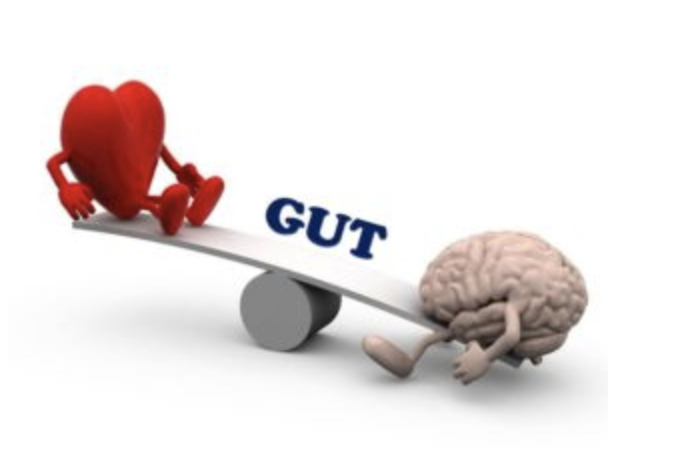Your Head vs. Your Heart vs. Your Gut: Who Wins?
What do you do when you have a decision to make – but feel torn about what to do? Sure, you can
make a pros and cons list. That can be a truly helpful tool for your brain, but it can leave out the key
ingredients of decision-making: what’s in your heart, and what your gut instinct is telling you.
All too often, the head, heart, and gut are framed as an internal battle. But really, they can all work
together to formulate a fuller picture, one that delivers vivid clarity.
Putting the Concept into Action
For an example of the above mentioned, let’s say you’re choosing between your top two choices for
college.
Thinking with your head means you’re reminding yourself of the facts, logistics, and analytics of a
situation. In this college scenario, perhaps you would highlight location, cost of tuition, or if they offer
public transportation around campus and beyond.
Considering your heart is when you embrace emotional responses and the overall romance of the
situation. When you visited the campuses, what feelings are stirred? Is there a family alma mater to
honor, or a fun social element worthy of your immersion? And which of the two campuses were harder
to leave?
Following your gut instinct is when your (literal) gut/stomach gives you signs and signals about which
choice is more aligned with your core self. For most, it feels like a churning in the pit of your stomach, or
a hollowness. Intuition is usually sparked when there’s a clash between the head and the heart, a
referee who comes in to settle the score.
If your gut doesn’t feel clear, your head and heart likely haven’t gathered enough information to feel
comfortable enough to move forward with a choice.
“If the gut is quiet, it’s because it needs more information from the head and the heart.”
The Head, Heart, and Gut are Intrinsically Connected
Let’s work with a more sensitive conflict.
In this example, you’re trying to decide if you should stay in a relationship or if it’s time to leave. With
these more personal scenarios, it’s beneficial to give each category an actual voice, and to allow yourself
to hear what the head, heart and gut are saying to you. Here’s some potential dialogue:
Head: “We’ve invested so much time in each other. It would be very inconvenient to have to move out. I
don’t know how I will afford someplace else. We work so well together on paper.”
Heart: “I really love them and don’t want to see them hurt. Maybe we can work it out. I’ve always
imagined myself with someone just like them. They can probably change for the better.”
Gut: “Do not settle. It doesn’t feel good to settle. You have one life to live, you deserve better than to
settle.”
Usually, the gut doesn’t have to say much to confirm what you already knew.
But, as mentioned above, if the gut is quiet, it’s because it needs more information from the head and
heart.
In this “leave them or don’t” relationship example, the person may need to ask their partner to go to
counseling with them. Based off their response (and how the sessions go), the gut will have more
groundwork to draw from.
The head, heart, and gut work in tandem to make you feel more at ease as you navigate life’s
crossroads.
So, make sure that you truly give room to all three before you sign any (literal or figurative) contracts!






We are living in divisive times, and we can see this division being played out right before our very eyes. And you know why? Because, no matter the topic, we tend to default to a place of defensive communication, as opposed to leaning into curiosity and feelings.